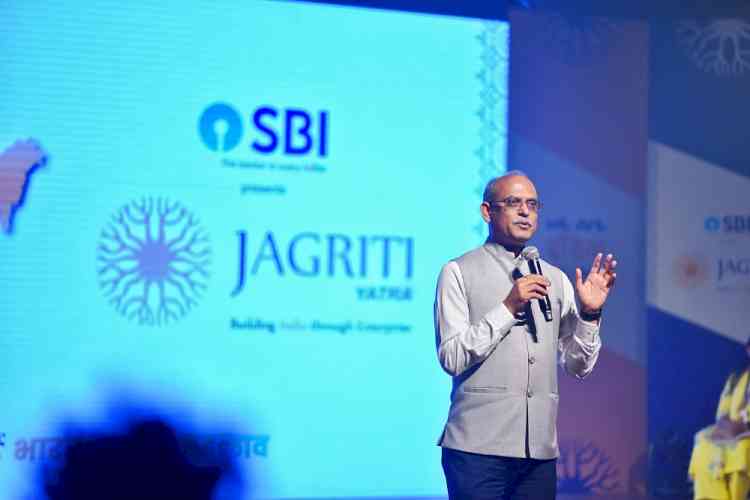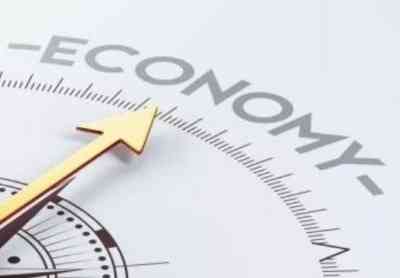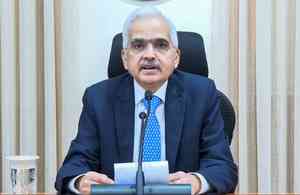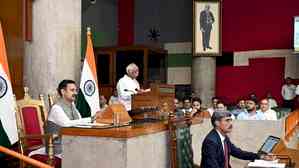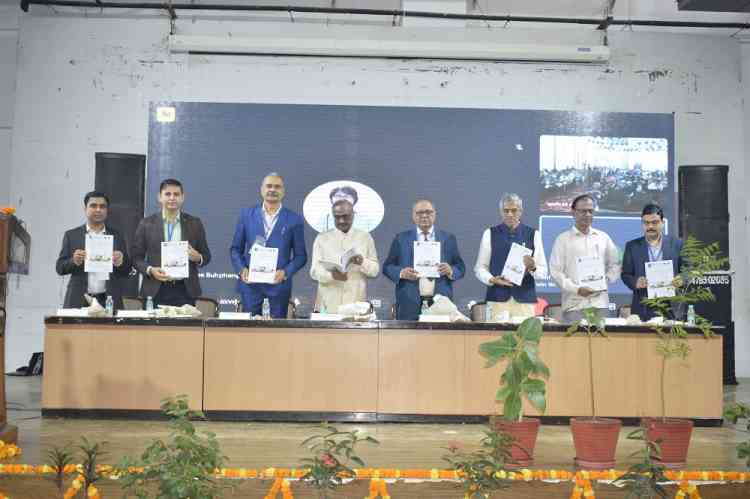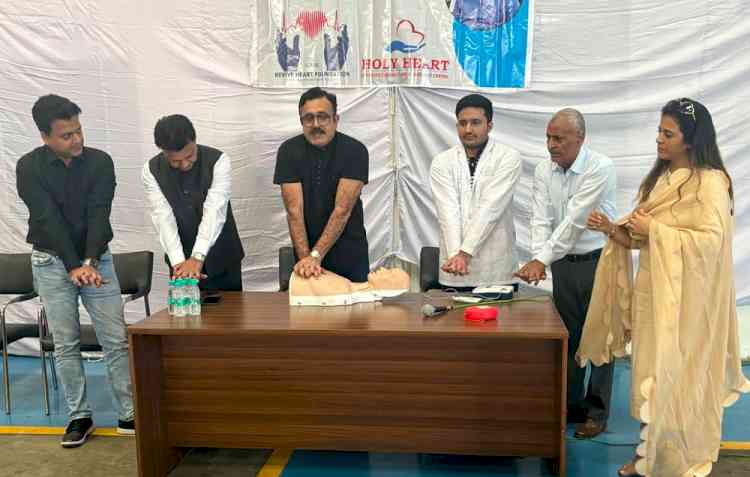Prompt measures by govt, RBI contained inflation: Economic survey
Prompt and adequate measures by the government and RBI curbed inflation and brought it within the central bank's tolerance limit of within 6 per cent, even as good monsoons also helped in ensuring adequate food supply, the economic survey has noted.
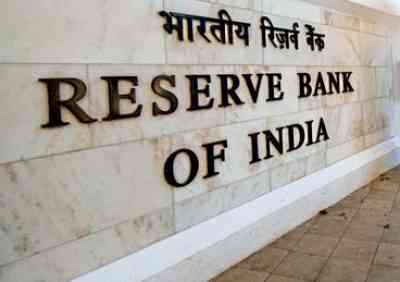
New Delhi, Jan 31 (IANS) Prompt and adequate measures by the government and RBI curbed inflation and brought it within the central bank's tolerance limit of within 6 per cent, even as good monsoons also helped in ensuring adequate food supply, the economic survey has noted.
The survey, which was laid in the Parliament on Tuesday, states that the consumer price inflation in India went through three phases in 2022.
A rising phase up to April 2022 when it crested at 7.8 per cent, then a holding pattern at around 7 per cent up to August 2022 and then a decline to around 5 per cent by December 2022.
The rising phase was largely due to the fallout of the Russia-Ukraine war and a shortfall in crop harvests due to excessive heat in some parts of the country.
Excessive heat in summer and uneven rainfall thereafter in some parts of the country affected the farm sector, reducing supply and causing prices of some major products to rise.
The survey further noted that wholesale price index (WPI)-based inflation remained low during the Covid-19 period, and it started to gain momentum in the post-pandemic period as economic activities resumed.
The Russia-Ukraine conflict further exacerbated the burden as it worsened global supply chains along with the free movement of essential commodities.
As a result, the wholesale inflation rate climbed to about 13 per cent in 2021-22.
The WPI has been sliding from its peak of 16.6 per cent in May 2022 to 10.6 per cent in September 2022 and further to 5 per cent in December 2022.
The rise in WPI has been attributed in part to the rise in food inflation and in part to imported inflation. The transitory effect of rising international prices of edible oils has also been reflected in domestic prices.
India's exchange rate was also adversely affected in the first half of FY 23 thereby leading to high prices of imported inputs.
The survey advises that the divergence between a relatively high WPI inflation and lower consumer price index (CPI) inflation widened in May 2022 primarily owing to a difference in relative weights of the two indices and the lagged effect of imported input costs on retail prices.
However, the gap between the two measures of inflation has reduced since then, demonstrating a tendency towards convergence.


 IANS
IANS 
